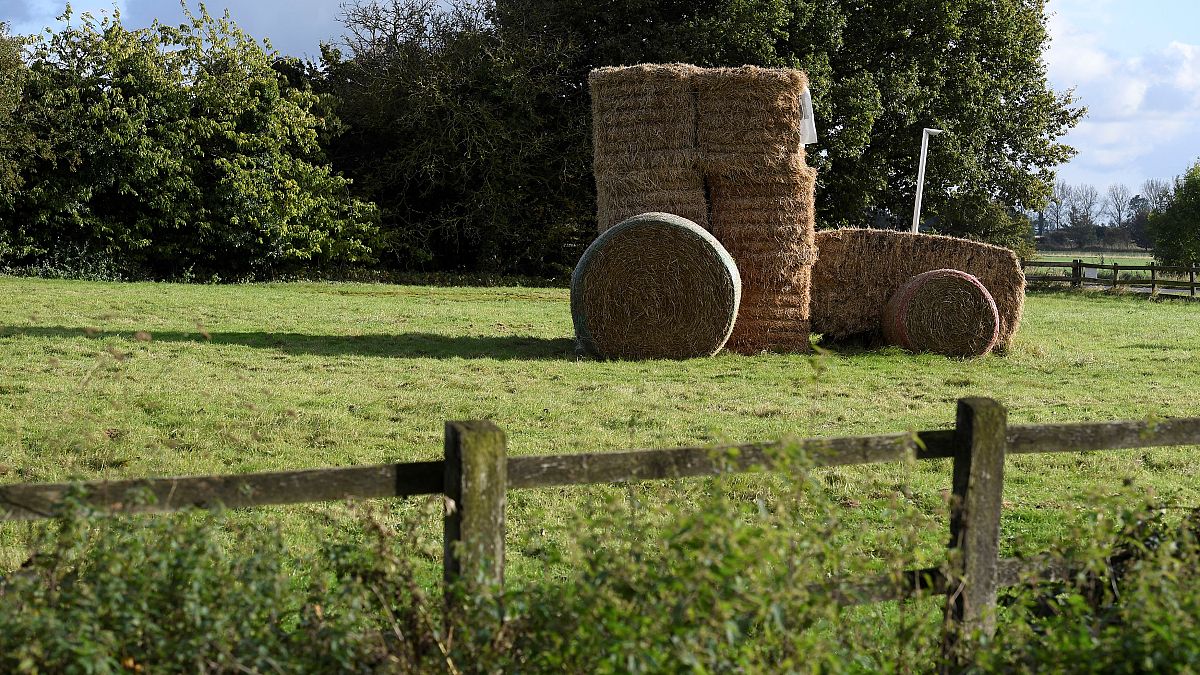Outside the EU, in due course farmers will only get public funds if they improve the environment under UK plans for a huge agricultural shake-up.
Britain will only pay public funds to farmers who provide public benefits such as wildlife habitats or improved soil quality under a post-Brexit shake-up in agricultural policies.
UK Environment Secretary Michael Gove, who spoke at two farming conferences in Oxford, also promised that EU subsidies would continue at the same levels as they are now for most farmers until 2024 – under what will effectively be a five-year transition period – with the possibility that payments will be capped for some of the largest farms.
The European Union's Common Agricultural Policy (CAP) has long been a controversial topic, accounting for about 40% of the total European budget with the most money going to the largest and wealthiest landowners.
Under the policy, adopted by all EU member states, British farmers receive about 3.4 billion euros a year in public funds.
'Bold vision'
In the speech, Gove criticised the "fundamentally flawed" system that was implemented for "another world" following World War Two.
"I think that money is poorly spent. Ultimately public money should go towards people who are thinking hard and working hard in order to ensure our environment is enhanced," he said.
"If we are going to have 3 billion pounds spent then that money should be an investment in the future rather than an incentive to carry on just as people have been doing."
The environment minister's speech was praised as "impressive and comprehensive" by the UK's National Farmers Union (NFU), welcoming the commitment to change. "He sees the opportunity for a bold and ambitious future that places a coherent food production agenda at the heart of Government thinking. It is a bold vision shared by the NFU," the union said in a statement.
However, the NFU remains concerned about the impact of future trade deals, and wants safeguards to ensure high standards of environmental protection and food safety. A parliamentary report also warns that such deals must not undermine British farmers by allowing lower quality food imports.
Ending EU subsidies
Following Brexit, the payments will all come directly from the central government and will therefore be competing with all of the other ministerial departments for cash, such as health and education. While this will create an opportunity for the UK to decide its own agricultural policies for the first time in decades, every payment will be far more closely watched and potentially justified to the electorate if they are to remain at reasonable levels moving into the future.
On average, British farmers get about 15,000 pounds (16,800 euros) a year from direct payments and an EU rural development fund. For some, direct payments account for 70 percent of their income, so a future without payments would make farming an unsustainable option for them.
In a tweet, the UK's Labour opposition described the planned five-year transition period guaranteeing the same level of subsidy as under the CAP as a government "U-turn costing more than 10 billion pounds (11.2 billion euros). The former Liberal Democrat leader Tim Farron tweeted that it was "an insult to British farmers" to imply that farm payments were a reward for inefficiency.
But Gove’s vision of an agricultural future won’t apply to the whole of the UK. Policies may differ in Scotland and Wales where devolved administrations control farm spending.
Migrant labour
Gove also had a warning for farms and food companies that rely heavily on migrant labour, adding that the government would pursue a "flexible migration policy overall."
"Industries which come to rely on importing cheap labour run the risk of failing to invest in the innovation required to become genuinely more productive," he said.
"Labour-intensive production inevitably lags behind capital intensive production."
Since the June 2016 British vote to leave the EU, some farmers have reported difficulties in recruiting enough workers.
Gove said the British government would provide more details of its future agricultural policy in a document to be published in the spring.
